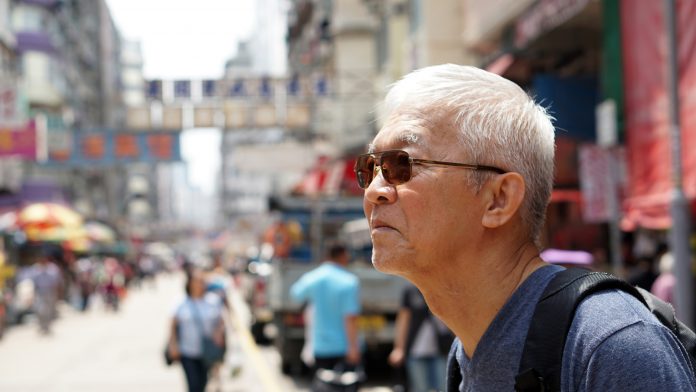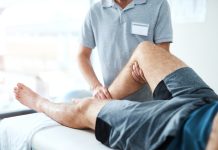With a growing elderly population – and with it, a growing number of carers – Hong Kong’s Elderly Health Service has an increasingly important role in promoting both good physical and mental health, as this article reveals
Hong Kong’s Elderly Health Service was established in 1998 to oversee primary healthcare for the older population, improve their ability to self-care, encourage healthy living and strengthen family support to minimise illness and disability.
Of Hong Kong’s 7.3 million population, just over 1.2 million people are aged 65 or over – and the number is rising.
The service’s stated mission is to: provide client-orientated services; adopt a whole-person, multi-disciplinary team approach; develop expertise and professionalism in primary healthcare of the elderly; and to promote intersectoral collaboration and community participation.
It comprises 18 elderly health centres and 18 visiting health teams.
Elderly Health Centres
Health centres aim to address the multiple health needs of the elderly by providing integrated primary healthcare services. They serve to identify health risks and detect diseases earlier for timely intervention and prevention of complications in a multidisciplinary approach in primary care settings.
Anyone aged 65 or over is eligible to enrol as a member of an Elderly Health Centre. As enrolled members, they are provided with services including health assessment, counselling, health education and curative treatment.
Visiting Health Teams
Visiting Health Teams work in the community and residential care settings to provide health promotion activities for the elderly and their carers, in collaboration with other service providers.
The teams aim to increase people’s health awareness, self-care ability and to enhance the quality of caregiving. All services are provided free of charge.
Visiting team services take a “train the trainer approach”, meaning they are targeted at not only elderly people themselves but also carers, such as family members, home helpers, domestic helpers, staff working in residential care homes and volunteers.
The Elderly Health Service’s Public Health & Administration section supports the work of elderly health centres and visiting health teams by collecting and analysing data from daily service operations to monitor the health status of Hong Kong’s elderly population and inform research.
Elderly Health Service website
The Elderly Health Service’s website contains a wealth of information for elderly people and their carers on health and ageing.
Topics covered include the importance of distinguishing between changes related to normal ageing, such as hearing loss or mild shortness of breath that does not affect daily activities and other, potentially more serious symptoms that should not be ignored in order to seek early treatment for a disease.
There is also advice on getting a health check and information on some common health problems, including bone and joint issues, cancer, dementia, diabetes, hypertension and heart disease, infections, mental illness, stroke and more.
There is extensive guidance on a range of other issues that contribute to and influence health, including maintaining good mental health, exercise, leisure and travel and healthy diet and shopping smart.
The website also has a dedicated section for carers covering key skills, including: lifting, transfer and proper positioning for the prevention of sores and muscle contracture; feeding the frail elderly; post-stroke care; dementia care; wound care; nutrition monitoring; and oral health.
Carers’ Corner also emphasises the importance of effective communication, which can be crucial in reducing misunderstandings, conflicts and stress and promoting good interpersonal relationships.
With Hong Kong’s population gradually ageing, the importance of maintaining healthy lifestyles in later life, early identification and treatment of disease and knowledge for carers will only continue to grow.
The Elderly Health Service’s role will be to promote not only a focus on the basic essentials of good physical health but also the broader factors that will aid the transition to retirement, staying active and maintaining good mental health.
Open Access Government











